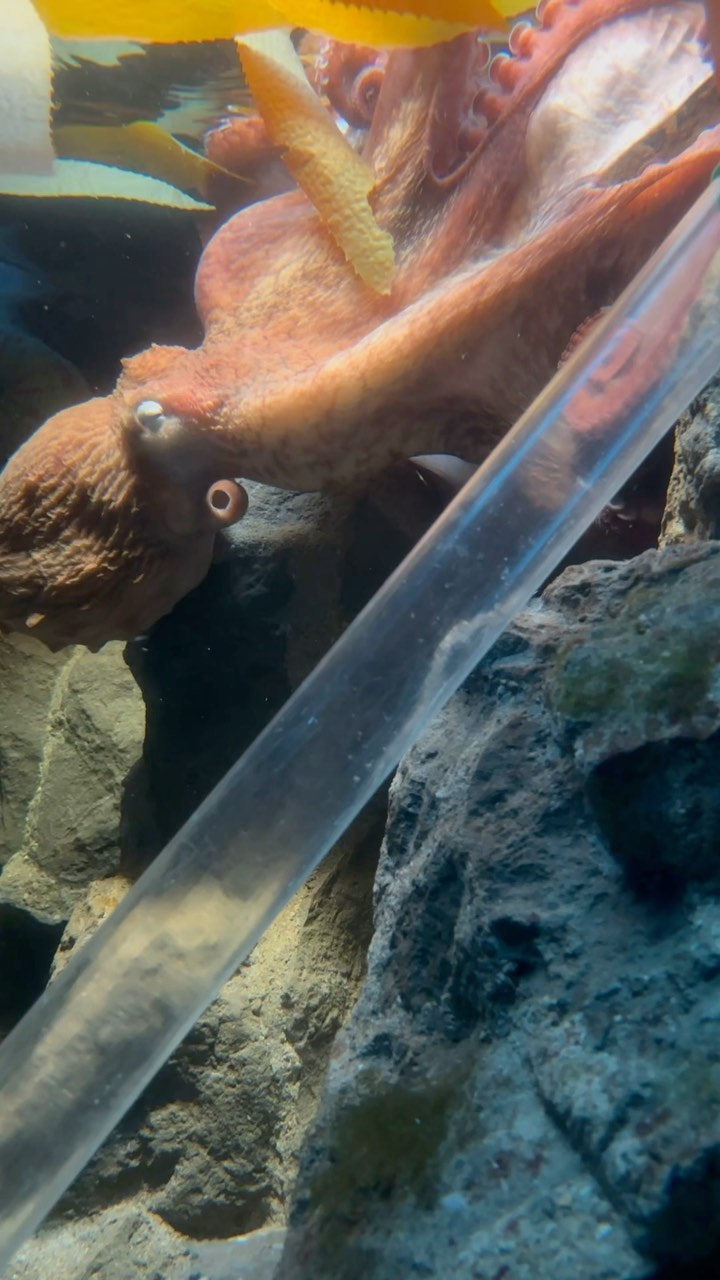- Correct pluralization of "octopus" and its linguistic origins
- Scientific background on octopuses
- Importance of proper terminology in zoology and conservation
- Role of octopuses in marine ecosystems
- Conservation efforts to protect octopuses
The correct plural form of "octopus" is "octopuses," not "octopi." This stems from a common misunderstanding about the word’s origin. "Octopus" derives from Greek, not Latin. While many people assume that its plural should follow Latin rules (e.g., radius becomes radii), the Greek plural would be "octopodes." However, English has adopted "octopuses" as the standard plural form for ease of use and understanding.
Octopuses are fascinating creatures, belonging to the class Cephalopoda, which also includes squids and cuttlefish. These invertebrates possess a range of fascinating features that make them a subject of extensive study. Each of their eight arms is equipped with suction cups that can grasp objects and taste their environment. Their intelligence is remarkable, showcasing problem-solving abilities, tool use, and even complex behavioral patterns. Some species can change color and texture to blend into their surroundings, a skill that not only helps them hunt but also evade predators.
Using the correct terminology is crucial in both zoology and conservation. Specific terms help precisely communicate scientific findings and facilitate effective conservation strategies. Accurate language ensures that all stakeholders, from researchers to policymakers, are on the same page when discussing species like the octopus. Misunderstandings can lead to misinformed decisions that might negatively impact conservation efforts.
Octopuses play a vital role in marine ecosystems. They are both predators and prey, influencing the population dynamics of various marine organisms. Their predatory habits keep some marine species in check, maintaining a balanced ecosystem. Certain octopus species, like the Giant Pacific octopus, serve as key indicators of marine health. Their populations reflect the broader condition of their marine environment, signaling changes due to factors like pollution or overfishing.
Despite their importance, octopus populations face significant threats. Overfishing, habitat destruction, and climate change are major concerns. Octopus fisheries need to be sustainably managed to prevent overexploitation. Marine protected areas (MPAs) can provide safe habitats for octopuses, allowing their populations to recover and thrive. Public awareness and educational campaigns are also vital. Informing people about the correct plural form of octopus and the significance of these creatures can foster a sense of stewardship and support for conservation efforts.
Research continues to uncover the depths of octopus behavior and biology. Studies have shown their ability to learn through observation, making them subjects of intense interest in neuroscience. Understanding the cognitive abilities of octopuses can inform broader biological and philosophical questions about the nature of intelligence and consciousness.
Ensuring the survival and health of octopus populations requires coordinated efforts across various levels. Sustainable fishing practices, habitat protection, and climate action are essential. By adopting correct terminology and supporting informed conservation strategies, we can help safeguard these incredible creatures for future generations to study and marvel at.
Thus, knowing that the correct plural form of octopus is octopuses is not just a matter of linguistic accuracy. It reflects a broader commitment to understanding and protecting one of the most intriguing inhabitants of our oceans. Engaging in efforts to conserve octopuses and their habitats is a step towards maintaining the delicate balance of marine ecosystems and ensuring a richer, biologically diverse planet.
*****
Source Description
Did you know that the correct plural form of the word octopus is octopuses, not octopi? 🐙🐙


